Australian food manufacturers will have to ensure their exports are up to standard following a revelation from one of the country’s largest importers.
According to China’s General Administration of Quality Supervision, Inspection and Quarantine, the Asian giant intercepted 225 batches of poor quality food imports in May 2014. The food, imported from 33 countries and regions, was tested at the border and subsequently banned from the highly lucrative Chinese domestic market.
The imports focussed on beverages in particular, but also included cookies and aquatic products. On testing, Chinese authorities found low quality, microbial contamination or excessive additives that didn’t pass the country’s strict biosecurity and import laws.
The products in question were either destroyed on site or returned to the home country. The administration also discovered seven overseas shipments of poor quality cosmetics that had arrived from five countries and regions.
China on edge?
China has a growing population and its demand on the world’s food supply is ever-increasing. This makes the Chinese market highly valuable to the Australia food industry and something that needs to be protected.
One recent example of how quickly a relationship can dissolve was the New Zealand milk manufacturer Fonterra. The fourth largest producer of dairy products recalled a series of milk formula products bound for Chinese babies after it was found that botulism-causing bacteria was present during safety tests.
China, which imports the bulk of its powered milk from the dairy giant, issued a temporary ban on all milk formula products from the country. The recall cost one executive his job and the company millions in damages both to reputation and sales. The recall was later found to be a false alarm.
Reminder to dairy manufacturers
With the importance of the dairy industry to the Australian economy, sufficient testing must be conducted on all milk based products through refrigeration and storage.
The testo 830 infrared thermometer is perfect for spot checking food stuffs to gauge temperature. As well as this, the testo 174H – Mini Humidity Data Logger could also be useful in transport facilities to maintain accurate conditions.




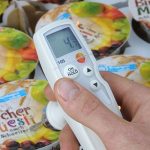

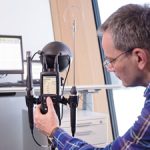

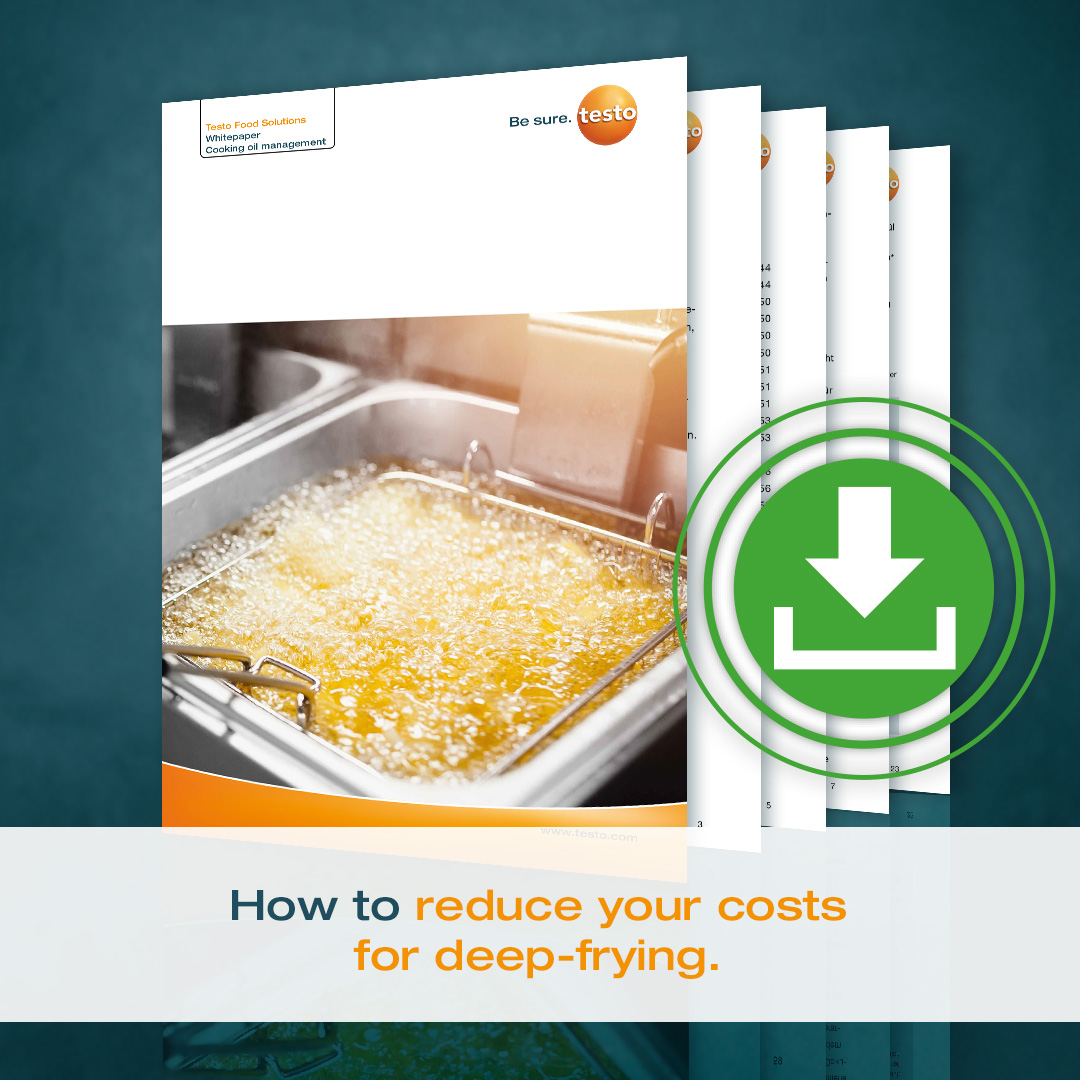 Reduce cooking oil costs while ensuring quality
Reduce cooking oil costs while ensuring quality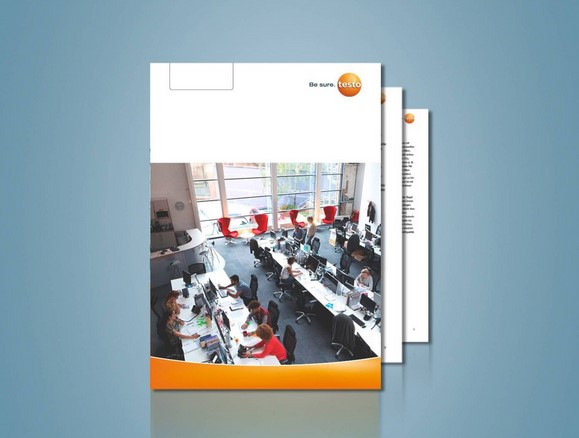 Expert knowledge on CO2 monitoring
Expert knowledge on CO2 monitoring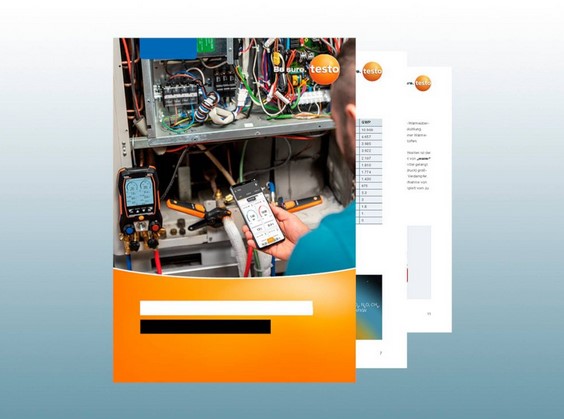 Refrigeration knowledge - in 3 modules
Refrigeration knowledge - in 3 modules



